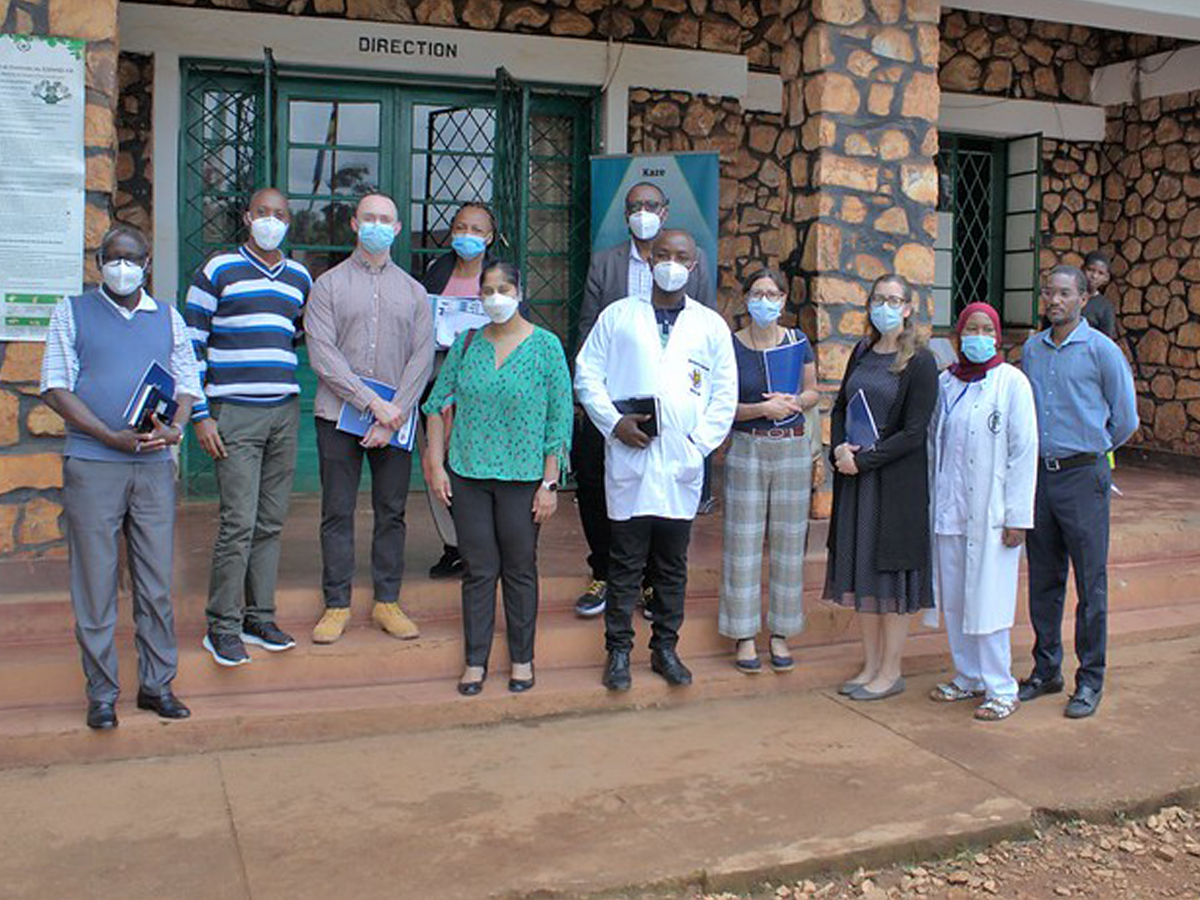A delegation from Columbia University's School of Social Work recently visited the Family Development Foundation (FDF) to gain a deeper understanding of the organization's innovative approach to strengthening families. The delegation, comprised of professors and doctoral students, was particularly interested in FDF's multi-pronged strategy that tackles social and economic challenges faced by families.
During their visit, FDF staff provided a comprehensive overview of their core programs. A key area of discussion was FDF's focus on early childhood education. The delegation learned about the organization's high-quality preschool program, which emphasizes not only academic readiness but also social and emotional development. They saw firsthand how FDF's approach fosters strong parent-child bonds, preparing children for success in school and beyond.
The delegation also explored FDF's financial empowerment programs. Staff explained how they equip families with financial literacy skills and connect them with resources to achieve financial stability. This includes budgeting workshops, credit counseling services, and even matched savings programs that incentivize saving for long-term goals. The Columbia visitors were impressed by FDF's holistic approach, recognizing the link between financial security and overall family well-being.
FDF's mental health services were another topic of interest. The delegation delved into the organization's programs that provide individual, family, and group therapy. They learned how FDF addresses a range of mental health challenges, from parenting issues to trauma, ensuring that families have access to the support they need to thrive.
The visit fostered a productive exchange of ideas. The Columbia delegation shared their academic expertise on family dynamics and social policy, while FDF staff provided insights gleaned from their real-world experience working with families. This exchange is likely to lead to future collaborations, potentially including joint research projects or the development of new programs based on data-driven best practices.
Overall, the visit to the Family Development Foundation proved to be a valuable learning experience for both parties. The Columbia delegation gained a deeper appreciation for the complexities of family development work and the impactful strategies employed by FDF. The Foundation, in turn, benefited from the delegation's academic perspective and the potential for future partnerships that can strengthen their mission of building a brighter future for families.

